Ecocity 2: Adelaide, Australia, 1992
Host organization: Urban Ecology Australia
Conveners: Paul Downton and Cherie Hoyle
Advancing the movement
When cultivating a new idea, first adopters are crucial, as are those who extend, refine and rededicate efforts on its behalf. In the case of the International Ecocity Conferences, Urban Ecology Australia, founded and led by Paul Downton and Cherie Hoyle, took the single International Ecocity Conference into a series of events. In so doing, they advanced a growing intellectual, social and political movement for ecocities.
Action for an “urban fractal”
Ecocity 2 was characterized by the passionate desire of our hosts in Adelaide to build a real project — ASAP! Their chief effort was to use the conference to organize action for securing community support for a project for downtown Adelaide, Australia. Years after, they called the project an “urban fractal” – a fraction of the whole city made up of the crucial elements of housing, jobs, commerce, learning, food and public transport, all held together in a design so all parts best complement one another’s roles, just like the whole city is supposed to do — thus a potentially powerful example. The conference produced a declaration calling for cities for people instead of cars and laying out the basic parameters of such a place.
Luminaries included California Assembly Member Tom Bates, who traveled to Adelaide representing his Berkeley and North Oakland district, and his wife Loni Hancock, mayor of Berkeley at the time. Rusong Wang from China, later to host Ecocity 5, spoke about ecocity theory going back thousands of years in his country. Mark Roseland of Vancouver, British Columbia, who went on to edit “Ecocity Dimensions” and co-found an ecocity organization in Canada. Peter Newman of Perth, Australia spoke of his research with partner Jeff Kenworthy representing some of the world’s best scholarship on the form and design of cities in relation to environmental, economic and social vitality. Iouri Mourzine and Vitali Lepsky came from Russia with case studies of architectural preservation and expansion of natural areas in the wake of the collapse of the Soviet Union. David Engwicht introduced his just-published book, “Towards an Eco-City,” thus launching his own career as an urban design and community process consultant.
Our impressions of warm red sand, kangaroos and koalas were as longlasting as the determined dedication of Urban Ecology Australia to revitalize nature around and in Adelaide, while rearranging the city for sustainability. It has taken all those intervening years, but the organizers have now built a leading ecocity project in Adelaide called Christie Walk, a multi-use, mainly housing project around a small pedestrian street, complete with solar, wind and rooftop garden features.




